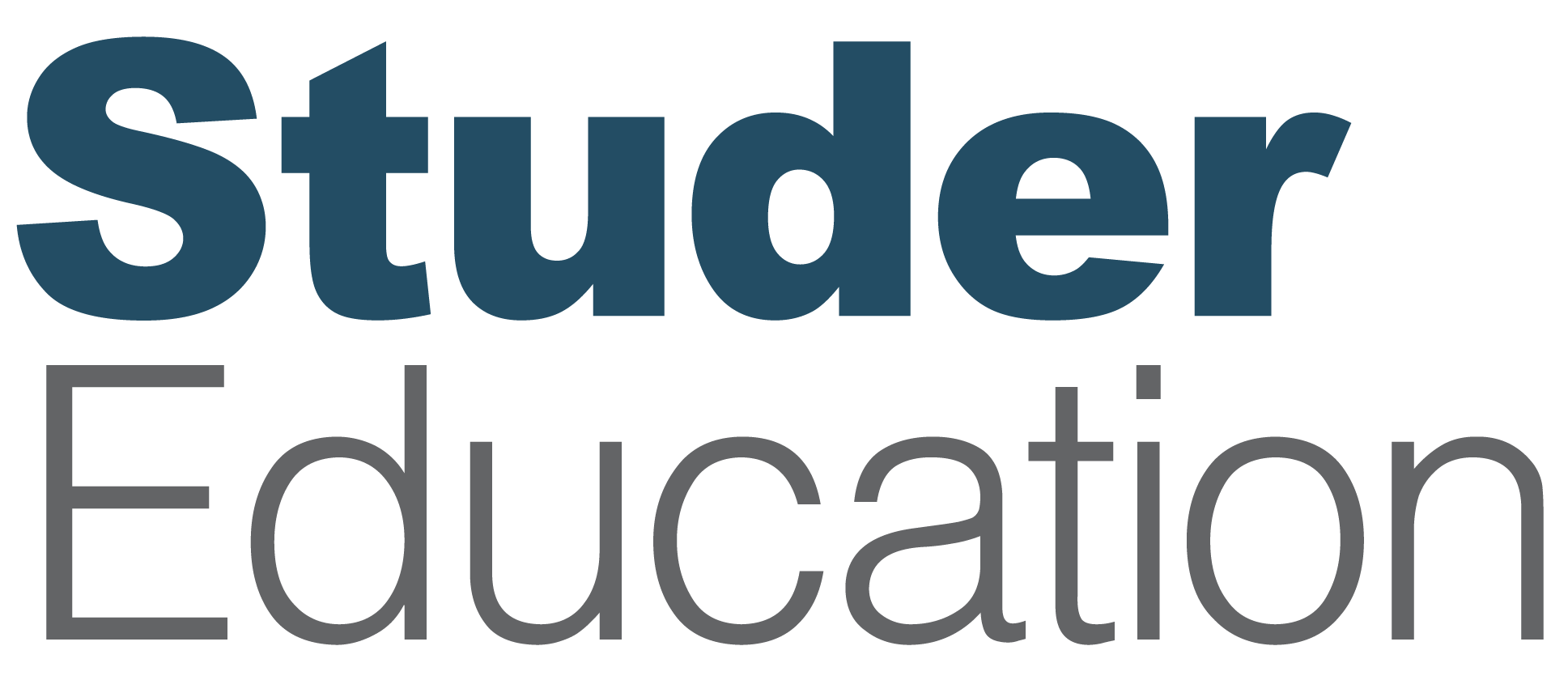Focus on Employee Engagement
Dr. Janet Pilcher discusses how leaders can foster a workplace environment where employees feel engaged and connected to their work in this episode of the Accelerate Your Performance podcast. Today’s focus is employee engagement, a key leadership principle she discusses in her new book, “Hardwiring Excellence in Education: The Nine Principles Framework.” Listen now as she gives examples of tactics that can help leaders connect with their high-performing teachers and staff, such as leader rounding, 30- and 90-day conversations, and stay interviews.
[Intro music plays in the background.]
Janet Pilcher: Hello, everyone. Welcome to today’s Accelerate Your Performance podcast. I’m your host, Janet Pilcher. Thank you for tuning into our show today.
This podcast is all about leadership, and I don’t mean leadership as a position. It’s about how we can all see great leadership in action so that we can all be leaders in our organizations. And the focus of leadership is connected to the Nine Principles Framework highlighted in my new book, Hardwiring Excellence in Education.
Today I speak to my school district leader colleagues. For those of you in higher education or other professions, the content is also relevant for you. Why? Because building a workplace environment where our employees have the greatest opportunity to be engaged and connected to their work is- is more important than ever.
Our employees need great leaders, and as leaders, we can also help our employees gain leadership skills that make them good at their work. You know, For example, teachers need leadership skills because they’re the leaders of students in their classrooms. But today, I’m focusing on leaders, leaders who are hiring teachers and staff in our schools as we start the school year.
So, I’m focusing on Principal 5, Focus on Employee Engagement, and I focus on one of the greatest needs in our K12 schools, retaining teachers. All over the country, we’re experiencing teacher shortages. We’re entering a school year with many, many, many new teachers in our classrooms as we manage through these shortages.
Without a occurrence, a high priority is-is-is the action of our school leaders to make meaningful and supportive connections with our teachers.
Let’s not be leaders who contribute to this statistic. 90% of the teacher shortage comes from turnover.
One of the measures that matters is indeed teacher retention. We want to support and coach our new hires and those needing our continued support, and we want to intentionally make connections with our high and more experienced performers. Everyone in our classroom, everyone in our school is important. Our proven 9 Principles tactics have a direct positive impact on teacher retention, and these tactics are outlined in my book, Hardwiring Excellence in Education, but I’m going to highlight a few of them today.
Here are some valuable tactics with a recommended approach to connecting with your teachers and staff to keep them with you and keep them engaged in their work. You’ve heard us talk about it before on our podcast episodes. One way to connect with your teachers is one-on-one connections with leader rounding.
We make that personal connection with our teachers and staff, and we ask them these questions:
What’s going well with you as you begin this new year in your classroom? What’s getting in the way of you being able to do your best work? Is there anyone that’s been especially helpful to you, and who are they and what did they do? And, Is there anything that I can do to be helpful to you?
It’s making that personal one-on-one connection, and when we have new teachers, we want to do a special form of leader rounding. We recommend that leaders focus on 30 and 90-day conversations. Those questions occur at the 30-day mark and 90-day mark as we embed those with our leader rounding sessions.
So, we’re doing multiple touch points with our new hires. So, at that 30-day and 90-day mark, we’re asking how do we compare to what we said we would be like when we hired you? Tell me what you like, what’s going well. I noticed you came from this school; you came from this profession. Are there things there that we might learn that could be helpful to us? Is there anything that you’re uncomfortable with here? And as your- as your leader, how can I be helpful to you? That’s the second special form of rounding with our new hires.
And then we can also- we don’t want to leave out our experienced high-performing teachers who need us as well, and we have stay interviews with them and we can ask them very specific questions that are interesting to them. You know, what are you looking forward to each day? What keeps you here? How are you doing in your job? What things could I take off your plate? Or what things could you help us with?
Because most of our high performers want to be helpful to us and they can be great leaders alongside with us. And we ask them, is there anything that’s keeping- getting in the way of them staying with us because we want to make sure we keep them here with us at our school.
So, leader rounding, 30/90-day conversations, and stay interviews become a big part of our work, especially during that first semester and into the year. As leaders, we need to be great coaches for our teachers.
We want to start the year focusing on our solid and high-performing teachers and staff, continuing to apply the tactics that are mentioned in Chapter 5 of Hardwiring Excellence in Education. And as we think about how to apply those tactics, here’s an approach that we could consider.
With our new hires, we round with them weekly, hold 30/90-day conversations with them, then round with new hires every other week until- til the 90 days, and hold a 90-day conversation with the new hire. And we’re always coaching in the moment when we see that they have a need. Our new hires need us to be great coaches.
With our high performers, we want to hold stay interviews with them every several months and mix up the questions that we ask them to keep them interested in- in being who they are as high performers. Because again, high performers want to help be the great teachers and leaders of the school. They can work alongside us and help us.
And we also need to make sure that we’re balancing their work for them and helping them be at their best and stay at their best. And with solid performers, we want to round with them every 4 to 6 weeks and always coach in the moment and keep our- keep our connections with our solid performers as we continue through the semester and the year.
[Outro music plays in the background.]
Connecting with people shows we care. Remember, our goal is to improve individual and organizational performance with more consistency. The only way that occurs is when we attend to what’s most important to people. We need to engage in meaningful conversations to know what that is, and that’s what these types of connections allow us to do.
Our teachers and staff need great leadership more than ever. They need us to be someone who supports and coaches them to be at their best. And they need us as leaders to be the best leaders that we can be. That’s how we can retain, coach, and support great teachers and bring more teachers into our profession.
We’ll talk more about this topic at our next book club meeting. If you haven’t yet registered for it, I invite you to jump right in and join us. Each meeting, we go over a chapter as we dive into the Nine Principles.
For more details and to sign up, head over to studereducation.com/hardwiringexcellence.
And as always, I thank you for tuning into this episode of Accelerate Your Performance. Please share this episode with a friend or colleague you think this episode is meaningful to. And I wish you a very very happy, energized, and engaged start to the school year. I know you’re working hard, and I know that you are trying to be the best that you can be, and you are doing the right work that’s making a difference in our schools.
Have a great week, everyone.







